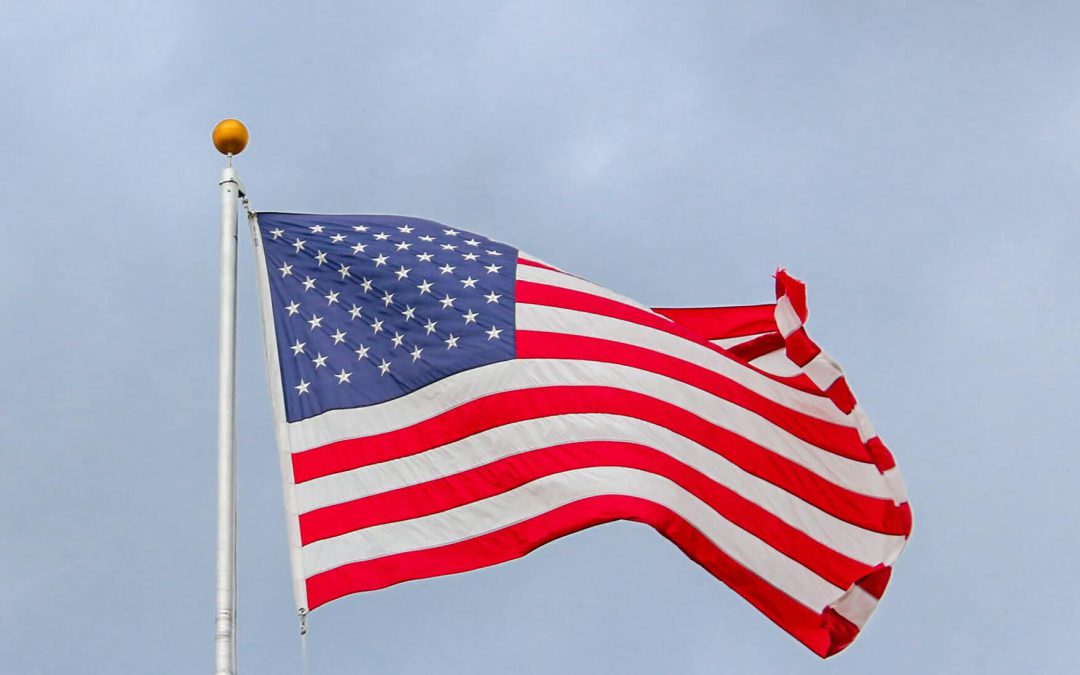War veterans often face challenges and medical problems than those who haven’t served in the military simply do not. One way that veterans can fund the special care they often require is through the Vet Assist Program. It operates on a simple but powerful premise: to help veterans increase the dollar amount of their benefits and maximize the dollars to which they may be entitled. Many vets seek help sorting out something called The Veterans Administration’s VA Aid & Attendance Pension and Housebound Allowance. These tax-free benefits supplement the monthly VA pension for veterans, and their survivors, who qualify.
But sometimes, these payments—which are less well-known than some other VA benefits—can cause confusion. For example, who meets the criteria? Individuals who have already survived their spouses who were vets and who have not remarried may meet the requirements. Dependent children may also be eligible. These potential recipients must also meet income and assets thresholds. To earn the benefit, one must have a net worth of less than $150,538.
Veterans Home Care helps vets navigate the sometimes-complex process of applying for and obtaining payment through the Vet Assist® Program. According to its website, they’ve been at it for 20 years. The mission: “to assist veterans who protected our freedom to stay in their homes and live with dignity.” (Note: The Vet Assist Program is offered exclusively by the Veterans Home Care family of companies. Veterans Home Care and the Vet Assist Program are not part of any government agency and are not affiliated with the Department of Veterans Affairs. Veterans Home Care says it has helped more than 22,000 veterans and surviving spouses access home care and a VA Pension with Aid and Attendance to pay for the services.
The company’s unique set of services unfolds like this:
- Benefits eligibility assessment.
- Free help with VA paperwork.
- No-cost loan to get care started right away.
- A medical alert system with Alexa technology. (If you’re unfamiliar, Alexa is Amazon’s cloud-based voice service that enables natural voice experiences to provide a more intuitive way to interact with the technology many people use daily.)
- Care coordination and monitoring.
- VA compliance monitoring for medical expenses.
The medical criteria
An individual must answer “yes” to at least one of four questions to be eligible for a monthly stipend through Vet Assist:
- Do you require help performing daily living activities, such as dressing, bathing, or feeding?
- Is most of your time spent in bed because of a severe illness?
- Are you in a nursing home because you’ve lost some of your mental or physical capacity due to a disability?
- Is your eyesight severely impaired, meaning that even with the help of contact lenses or glasses, you have only 5/2000 or less in both eyes or concentric contraction of your visual field to 5 degrees or less? (Think of concentric contraction as tunnel vision, meaning objects can’t be seen unless they are close to the center of your visual field.)
To qualify for housebound benefits, a vet must be forced to spend most of his or her time at home because of a permanent disability that is quite severe; it will never go away.
Wartime service eligibility requirements
Most importantly, a veteran must have seen active duty for at least 90 days, and at least one of those 24-hour periods must have been when the US was at war. However, an individual doesn’t have to have been a combatant; they could have served in other capacities. The VA has very specific time frames to define a period of war. And last, a veteran who received any kind of dishonorable discharge is automatically disqualified.
What’s the dollar value of the benefit?
On its website, Veterans Home Care says there’s the potential to receive as much as $31,714 annually through the Aid & Attendance Pension.Veterans Home Care can be reached on its website or by phone at (877) 390-6377.
Veteran seniors, in the Houston, TX area, can reach out to Sheila’s Angels at (281) 480-4846 for help and home care services.

